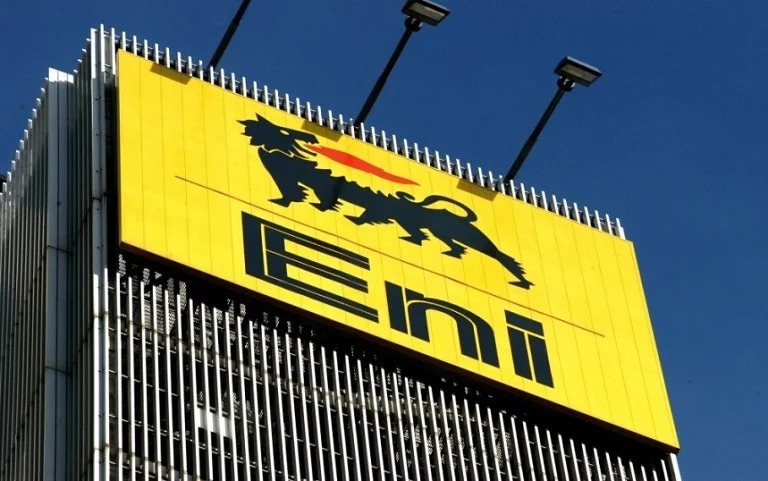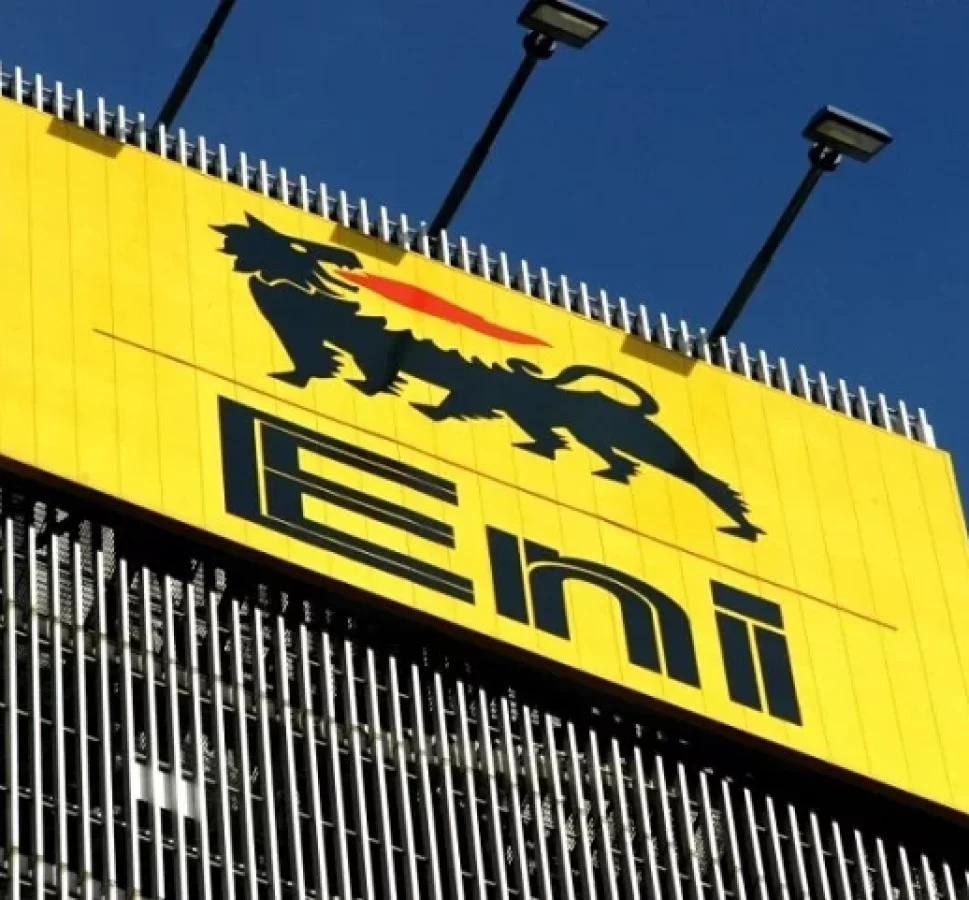
It will also “irrevocably” waive the right to any further legal action in Italy against Eni, its affiliates and current and past officers in regard to rights for OPL 245.
Nigeria is withdrawing civil claims totalling $1.1 billion against energy giant Eni SpA, ending a long battle in Italian courts over allegations of corruption in an oil-field deal.
The West African country’s justice ministry will waive the claims before Italy’s highest court “unconditionally” and “with immediate effect” no later than November 17, according to a letter seen by Bloomberg.
The nation will also “irrevocably” waive the right to any further legal action in Italy against Eni, its affiliates, and current and past officers in regard to rights for the field, known as Oil Prospecting License 245, or OPL 245.
Eni confirmed receipt of the letter and said in a statement that it is ready to consider, together with the government of Nigeria, the necessary steps for conversion of the prospective license to one that will allow the development of the oil block.
Nigeria’s Ministry of Justice wasn’t immediately able to respond to a request for comment, the report said.
Operations at the Nigerian oil block have been halted for more than a decade by a series of trials and competing legal claims. The area is considered to be potentially one of the richest concessions in the country, with recoverable reserves of 560 million barrels, according to Eni’s estimates.
Whether Eni and its partner Shell Plc could finally begin to develop OPL 245 may depend on the resolution of other claims, including arbitration proceedings filed by Eni at the World Bank’s International Centre for Settlement of Investment Disputes and litigation within Nigeria.
Eni, Shell and some of their former and current managers had already been definitively acquitted last year in a criminal case in Milan, in which they were accused of knowing that much of the $1.1 billion they paid to acquire OPL 245 would be distributed as bribes.
Even after that verdict a civil suit continued, with Nigeria seeking combined compensation of $3.5 billion from Eni and Shell, claiming the amount reflected the real value of the license purchased in 2011 by the two companies.
A timeline of events in the asset showed that Nigerian government awarded OPL 245 for $20 million to Malabu Oil and Gas. Court documents later showed that Malabu was owned by Dan Etete, who was oil minister at the time, and people close to former military ruler Sani Abacha.
In May 1999, Etete, on behalf of Malabu, paid $2.04 million for the OPL 245 licence out of the $20 million the company had agreed to pay.
Two years later, Shell signed an agreement to acquire a 40 per cent stake in OPL 245 from Malabu.
In July 2001, the Nigerian government under President Olusegun Obasanjo revoked Malabu’s OPL 245 licence, triggering legal disputes over its ownership that dragged on for years.
In November 2006, Malabu reached a settlement with the Federal Government of Nigeria (FGN) and agreed to pay $218 million to FGN in return for the licence being fully reinstated to Malabu. Malabu subsequently failed to pay.
Around April 2007, Shell launched arbitration against the Nigerian government for “wrongful expropriation” of its rights and in December 2010, Mohammed Abacha, son of the former Nigerian ruler, launched a legal challenge arguing that Etete pushed him out of his partial ownership of Malabu.
In May 20, 2011, a $1.092 billion is placed in an escrow account opened by the Nigerian government with US bank JP Morgan. In August, $875 million is transferred to bank accounts in the name of Malabu, while in 2014, Nigeria’s House of Representatives voted to cancel the OPL 245 deal, calling it contrary to the laws of Nigeria.
Seven years later, in 2017, Nigeria filed a case at London’s High Court against US bank JP Morgan alleging negligence for its role in transferring the $875 million to Etete’s Malabu. JP Morgan described the allegations as “unsubstantiated and without merit”.
The case has now effectively ended with Nigeria withdrawing the case against the oil giant. The country which has been unable to ramp up oil production, has been doing everything to ensure that some of its assets which have been lying fallow begin production as soon as possible.






